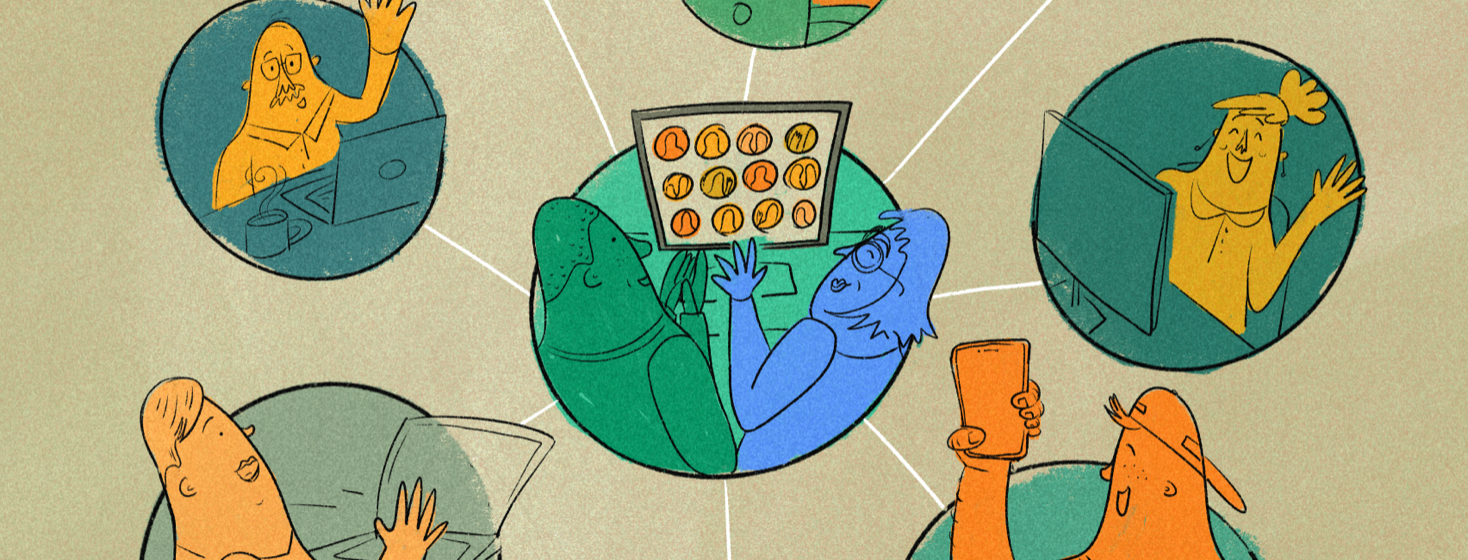Participating in a Focus Group as a Rare Disease Patient
Recently, the Cystic Fibrosis (CF) Foundation invited me to participate in a focus group with other late-diagnosed CFers.
It was a fascinating experience that led me to want to share about it and recommend participation in focus groups to others with rare diseases.
Where did the focus group meet?
I attended via a Zoom link sent to me by the main researcher leading the group. There were about 6 of us patients in the meeting – not an uncommon number of participants in a focus group from what I understand after reading up a bit on them afterward.
What was the purpose of the focus group?
It began with introductions by the professionals, followed by an explanation of why we were all there. The moderator explained that the patient group would focus on sharing and answering questions concerning our airway clearance behaviors since we had each begun using the cystic fibrosis transmembrane conductance regulator (CFTR) gene-modifier drug, Trikafta.
The professionals wanted to hear what research we thought is needed to help cystic fibrosis patients stay healthy. Our answers would be pooled with other groups' participant answers to help them know what types of research to design and ask the CF Foundation to fund.
One of the professionals in attendance was the CF Foundation officer in charge of their funding of research grants. She shared that she has 2 children with CF and seemed especially interested in our replies.
The rare disease patient voice matters
It all felt immediately special that we, as patients, were being asked what research WE wanted to see based on our experiences with this particular drug. We all eagerly introduced ourselves, and the specific questioning began. We took turns answering.
I thought it was wonderful to hear details about the other patients' experiences with their airway clearance techniques before and after using the drug. It helped me gauge where I was at and how the drug affected each of us.
Shaping the future of research
One question affected me greatly. It led to my realization that my biggest fear around my illness has actually been whether or not I would be able to avoid any lung surgeries. I was diagnosed with MAC lung disease first (another rare disease) and was told by an expert that I might end up needing lobe resection surgery if I couldn't beat the disease with medication. I shared in the group that I had put that scary thought out of my mind once my mucus was thinned by the Trikafta.
I realized I could request research on lung CT scans pre- and post-Trikafta to monitor those of us with "lobes of concern." I knew that if it showed patients such as myself no longer showing potential surgery concerns, I would worry less about my own airway clearance program, and might only need it for flares or viruses or other possible infections.
Other patients had their own hoped-for research studies to request. I could see that we all felt blessed to get to participate and possibly effect what research might get funded. And, to top it off, they announced at the end that we would all be getting a gift card of some sort for our participation.
Looking forward to my next focus group
It truly was a fascinating experience. I felt grateful that being a registered CF patient with the CF Foundation led to my participation in the group. Since then, I received another invitation to participate in a late-diagnosed CF focus group that will simply be patients chit-chatting about the late diagnosis' effects on us. I look forward to it!
I hope my sharing here encourages you, too, to join any foundations or support groups that might be available to you for any rare disease diagnosis you have received, so that you, too, might get to contribute and benefit from participating in focus groups.
Have you participated in a focus group? What was your experience like? If you have not participated, does this sound like something you would or would not do? Share your thoughts in the comments below!

Join the conversation